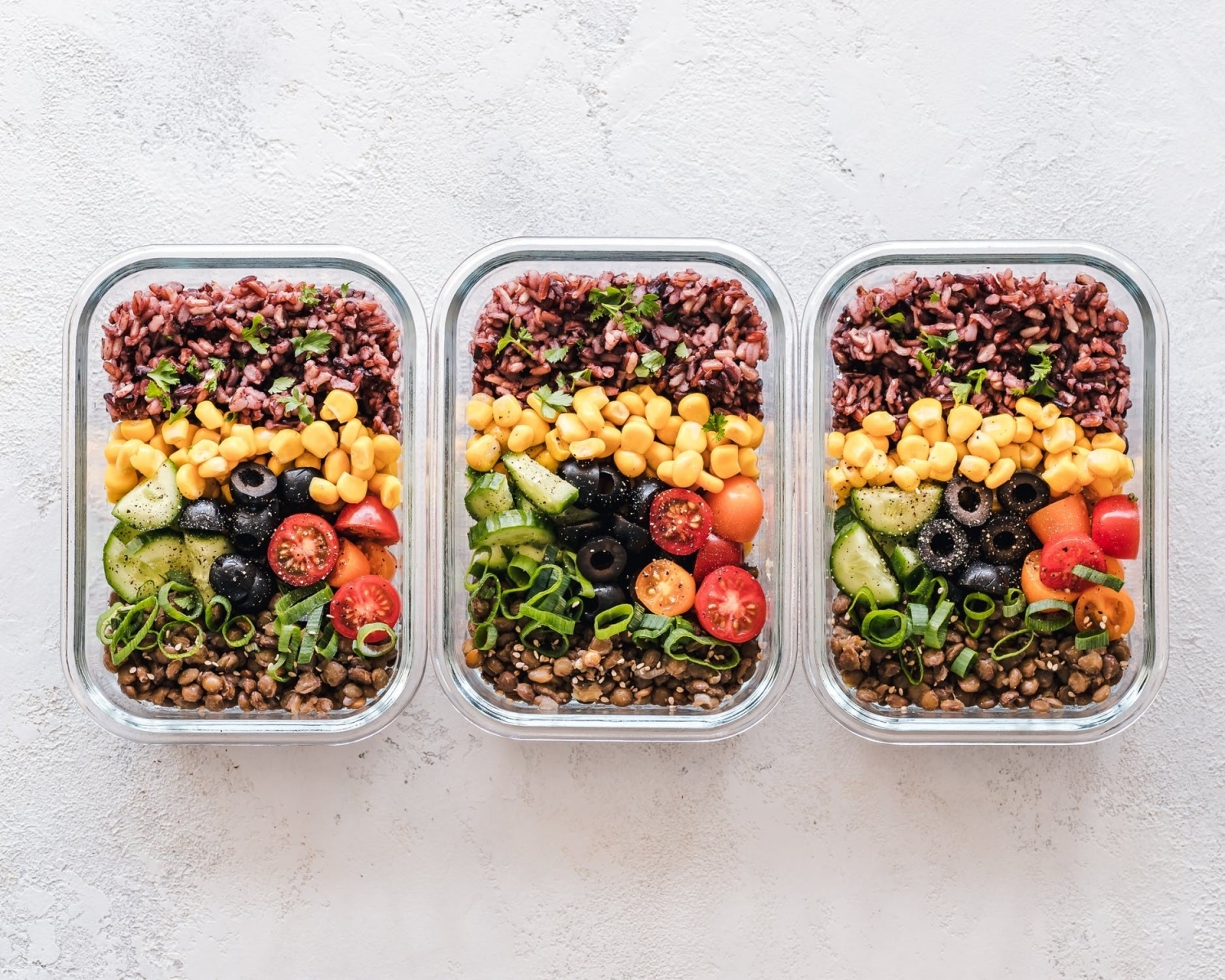October 14, 2025
You Care For Others, Now Care For Yourself

The following article was submitted by Lydia Chan, who is an Alzheimer's Caregiver herself. We hope you enjoy her perspective on this topic.
You Care For Others, Now Care For Yourself
Looking out for the well-being of another person is a rewarding yet exhausting job, even at our senior living West Columbia, SC. Whether you are an adult child caring for a senior parent or a paid personal medical assistant, you have to take time to care for yourself as well. Not doing so can lead to caregiver burnout, which shares many of the same symptoms as depression, including fatigue and feelings of hopelessness. But remember, you have the tools to give your body and mind what they need to relax and recharge — all you have to do is use them. So, keep reading for a few simple strategies you can employ to include yourself in your daily care ritual starting today.
Make Healthy Eating a Priority
Neglecting your own nutrition is probably something you do without realizing it. When you’re caring for someone else, you spent a lot of time preparing their meals, feeding them, and cleaning up. If their diet is different than your own, you probably choose to grab whatever’s fast and easy so that you don’t have to make two dinners. But that’s not doing anything to improve or maintain your health. Instead of the chips and dip, do yourself a favor and plan a few make-ahead meals that you can heat and eat no matter how hectic things become.
Get Moving
It should go without saying, but exercise is important. It is easy to forget this fundamental truth when you are wrapped up in someone else’s wellness. However, keep in mind, according to Genesis Health Clubs, that exercise can promote restorative sleep and pumps a direct injection of natural mood-boosting hormones into your brain. If the thought of joining a gym is intriguing but intimidating, you should know that you don’t have to engage in structured activities. Swimming, walking, and bicycling are great alternatives. If you happen to be over the age of 65 and already enrolled in a Medicare Advantage plan, you may already have access through the SilverSneakers program, which provides no-cost fitness classes and gym memberships. (Medicare Advantage is a Medicare alternative issued through major insurers like Humana)
Take a Vitamin
While supplements are not a replacement for a healthy diet and exercise, a high-quality multi can, according to Plexus, “make a big difference in your daily energy level.” By filling in nutritional gaps, you can improve your health from your gut outward. Depending on your nutritional deficit, regularly taking vitamins might improve everything from your skin and hair to your ability to concentrate on mundane tasks. Talk to your doctor before adding any new supplements, as some vitamins may interact with prescription medications.
Reconnect Socially
Socialization, including spending time with friends and family, is crucial to your mental health. It’s understandable if you don’t want to leave your loved one, but there is nothing wrong with bringing in a respite caregiver to take care of things while you take a break. When it’s not possible to bring in some help, keep in mind that social connections can also improve the self-esteem and quality of life of the person for whom you provide care. In other words, don’t be afraid to take them with you or include them in at-home gatherings.
In honor of National Family Caregivers Month and National Alzheimer’s Disease Awareness Month, challenge yourself to do more for you. Small acts, like eating well and surrounding yourself with friends and family, can enable you to be a better caregiver. Self-care is challenging when you devote so much of your time to someone else, but it’s worth it.
Image via Pexels